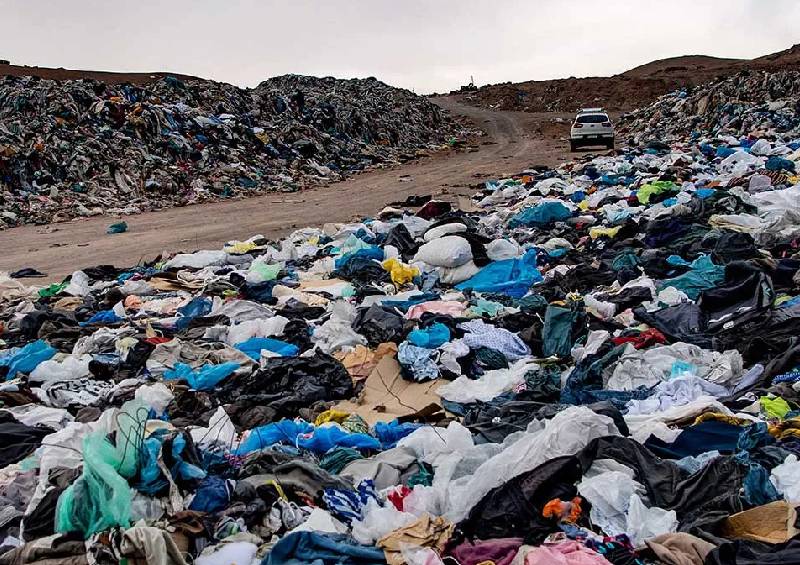
France has enacted groundbreaking legislation aimed at curbing the environmental impact of ultra-fast fashion, marking one of the most ambitious regulatory efforts in the global fashion industry to date. The new law introduces a series of measures including eco-taxes, advertising restrictions, and mandatory environmental disclosures specifically targeting ultra-fast fashion giants such as SHEIN and Temu.
The move comes amid growing concern over the industry’s environmental toll, with textile waste in France reaching alarming levels. According to recent estimates, as many as 35 garments are discarded every second, underscoring the urgent need to address the fast fashion model of low-cost, high-volume production. By targeting this business model, France aims to steer the fashion sector toward sustainability, accountability, and responsible consumption.
Beginning in 2025, every clothing item sold by ultra-fast fashion retailers will carry a €5 eco-tax, rising to €10 by 2030. The tax will be capped at 50% of the retail price, balancing affordability with environmental responsibility. Revenue from the tax will be used to support domestic manufacturers who follow sustainable practices, thereby reshaping competition in favor of eco-friendly production. “This is the most radical regulatory attempt yet to tackle the environmental crisis in fashion,” said Lubomila Jordanova, Founder and CEO of Plan A.
The legislation also enforces a ban on advertising by ultra-fast fashion brands, restricting their presence across social media, influencer promotions, and traditional advertising channels. This measure is intended to reduce the appeal of cheaply made clothing, especially among younger consumers, and to encourage more conscious buying behaviors. “Seeing such strong positioning from France is a powerful sign during a time when sustainability is often sidelined by economic growth,” said Marco Longhin, Global Circularity Manager at SHL Medical.
Retailers will now be required to disclose key environmental metrics such as greenhouse gas emissions, water and resource usage, and recyclability for each product. An eco-score system will be introduced to rate the environmental impact of garments, influencing tax levels and encouraging responsible manufacturing. Non-compliance with the new standards could result in penalties of at least €10 per item or up to 50% of the item’s pre-tax price.
The law also introduces import-related restrictions that could reshape global trade dynamics in the fashion sector. While the strictest regulations target non-European platforms, European brands like Zara and H&M must still comply with transparency requirements. However, they are exempt from the advertising bans and higher eco-tax thresholds, an asymmetry critics argue may signal a protectionist tilt. Additional measures such as taxes on packages imported from outside the EU and limits on free returns are expected to alter cost structures for imported garments.
Industry experts believe these reforms reflect a turning point in fashion regulation. “We have enough clothes for six generations,” noted Vojtech Vosecky, Founder of The Circular Economist. “This bill tackles a deeply flawed model that promotes overproduction and waste.” Echoing this sentiment, Abbie Morris, Co-Founder and CEO of Compare Ethics, said, “I believe regulation can drive real change, but only if it applies across enough of the market.”
France’s new law positions the country at the forefront of fashion sustainability efforts and could set a precedent for similar legislation worldwide. By targeting both environmental impact and market behavior, the regulation seeks not just to mitigate damage, but to redefine the values and practices that drive the global fashion industry.